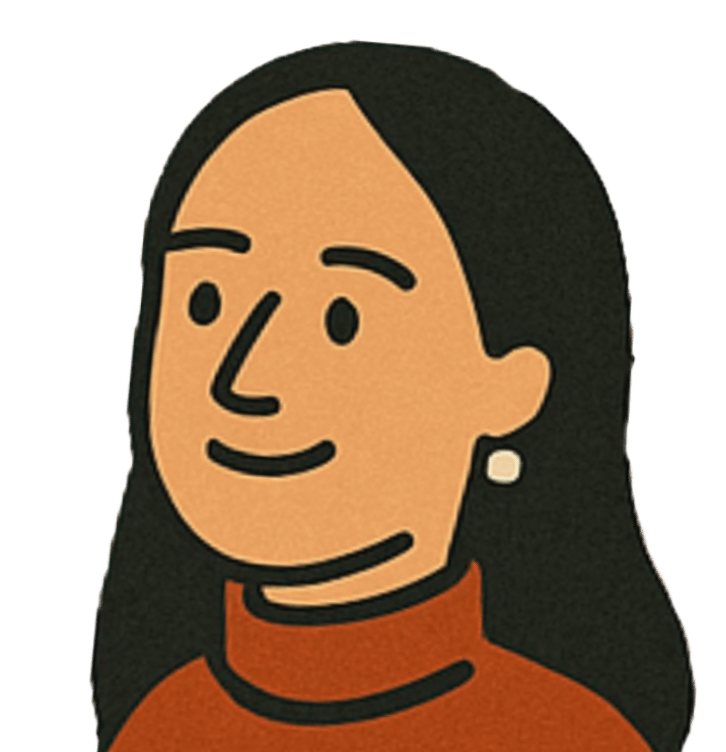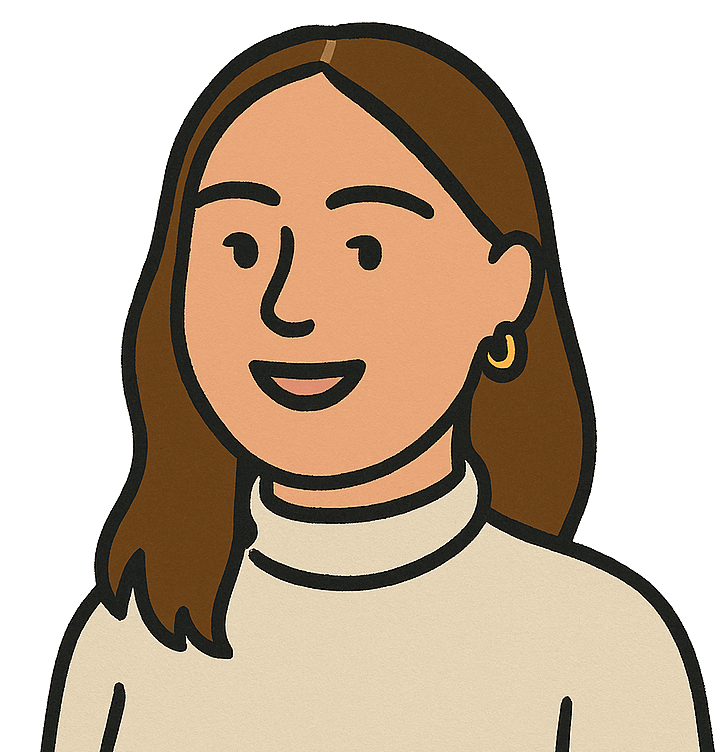"We regret to inform you..."—perhaps one of the most dreaded phrases in job applications. Even though we know rejections are common and often automated, the pain still feels personal. We're told it's "just business," "nothing personal," and "part of the process," but that knowledge alone doesn't erase the sting.
Rejection is particularly challenging for international students and interdisciplinary professionals, where it can trigger deeper identity anxieties—"Did I get rejected because of who I am?" "Is my background a weakness?" "Will I ever fit into this industry?"
In this article, Yi Yin and Karina Muñoz share their experiences—as a job applicant and as a hiring manager—to help students and professionals navigate rejection with resilience. Backed by neuroscience research, we'll explore why rejection affects us so deeply and how it can actually be informative for our careers.
Rejection is "Real" in the Brain—Why It Hurts
Why does job rejection feel so personal, even when we logically know it's part of the process? Because it is personal—at least to your brain. We talk a lot about rejection as if it's a mental exercise, something we can just rationalize away.
But neuroscientific research has shown that social rejection has a biological basis. Early studies have used fMRI scans to show that social exclusion and rejection activates the anterior cingulate cortex (ACC)—a brain region associated with physical pain. This led to the popular belief that rejection is processed the same way as physical injury. However, more recent research suggests otherwise.
A 2015 study (Woo et al., Nature Reviews Neuroscience) challenges this direct comparison. It found that while social rejection does activate brain networks associated with distress, it is not identical to physical pain processing. Instead, rejection triggers emotional pain networks, making it psychologically real and explaining why an automated rejection email can still disrupt sleep or motivation.
Yi: "When you apply for a job, you're putting yourself out there. You're saying, "This is my skill set. This is what I can offer." When you get a rejection—especially an automated one—it's easy to feel like it's a judgment of your worth."
Karina: "Even though my logical brain understands rejection is part of the game, the emotional side still stings. I've had job rejections where I knew, my qualification wasn't even the main reason they went with another candidate. But I still felt the weight of it. The worst part is the silence—when companies don't even send a rejection email. It feels like a 'non-response' rejection is an even stronger statement, even though logically, I know it's just a flaw in hiring systems."
Rejection may not be physical pain, but our brains register it as a significant event, which explains why it's hard to "just shake it off."
Rejection Hurts—But It Can Also Be Informative
The latest neuroscience doesn't just confirm that rejection affects us—it also shows it can be valuable.
A 2024 study (Chester & Ehrlich, PNAS) suggests that rejection is not just painful, but also informative. When we experience rejection, our brains actually analyze the experience to extract social information. This means that, instead of rejection being purely negative, it helps us adjust, improve, and navigate future opportunities more effectively.
Yi: "Rejection is so painful, this reframing helps us move forward. Instead of seeing rejection as just 'bad news,' we can recognize it as data. If we analyze why a rejection happened—whether it was the job fit, timing, or resume optimization—it gives us something actionable to improve on."
Karina: "That actually happened to me. I applied for a role in a Language Learning company as a Project Manager and got rejected. Later, I knew I needed to refine my resume, and make sure it was tailored exactly to the roles I was applying too. A lot of applications and interviews later. I landed my role at Wolfram! Don't be afraid to keep trying and trying"
Rejection isn't just a dead end—it's a recalibration tool. If we analyze it properly, we can use rejection to refine our career direction, skill set, and application strategy.
Behind the Scenes—Rejection Isn't Always About You
When job seekers get a rejection, it's easy to assume it means they weren't "good enough." However, many hiring decisions are influenced by factors completely outside of the candidate's control.
Common Reasons Strong Candidates Get Rejected (That Have Nothing to Do with Their Ability)
- Another candidate had an internal referral.
- The company reprioritized hiring needs.
- Budget cuts eliminated headcount at the last minute.
- The team was looking for a hyper-specific skill set.
- Your application was strong, but the recruiter simply had too many to review.
- Your resume was rejected automatically because some companies use AI to filter resumes by specific keywords.
Lesson: Rejection often isn't just about talent—it's about timing.
Coping Strategies—How to Handle Rejection Without Losing Motivation
1. Allow Yourself to Feel It
The first step is acknowledging your emotions. Just because rejection is common doesn't mean it doesn't hurt. Allow yourself to process the disappointment, rather than pushing it aside.
Try a "Rejection Journal"
Every time you get a rejection email, write:
- How you felt about it
- What you learned from the experience
- One action you could take next
2. Reframe the Rejection as a Data Point, Not a Definition
Instead of thinking, "I wasn't good enough," reframe the experience as:
- The timing wasn't right for this opportunity.
- This rejection is redirection to something better.
- This isn't a failure—it's data to refine my approach.
3. Manage Your Energy & Mental Health
Practical Tips for Maintaining Momentum
- Set application limits: Instead of applying to 50 jobs in one day, spread them out over the week.
- Take breaks: Go for a walk, talk to a friend, or do something creative.
- Track wins, not just losses: Even if you don't get hired, celebrate small wins, like getting an interview.
- Do a joyful activity: Go to a yoga class, a dance class, or anything creative and joyful you can think of. It will allow you to feel better about yourself and motivate you to keep moving forward in your process.
Final Thoughts: It's Normal to Feel Hurt, But Keep Going
Rejection isn't just part of the job search—it's part of life. Your feelings are valid, and neuroscience confirms that the sting of rejection is real. But rejection is also informative—it helps you refine, adjust, and ultimately, land in the right place.
Yi: "If there's one thing I wish I could tell every job seeker, it's that rejection is never the final word. It's a stepping stone. Keep moving, and you'll find where you're meant to be."
Karina: "And remember: It's normal to feel the pain. But it's also all about what you do with it, make it fuel you. Keep going!"
Your career is not defined by rejection—it's defined by how you keep moving forward.

